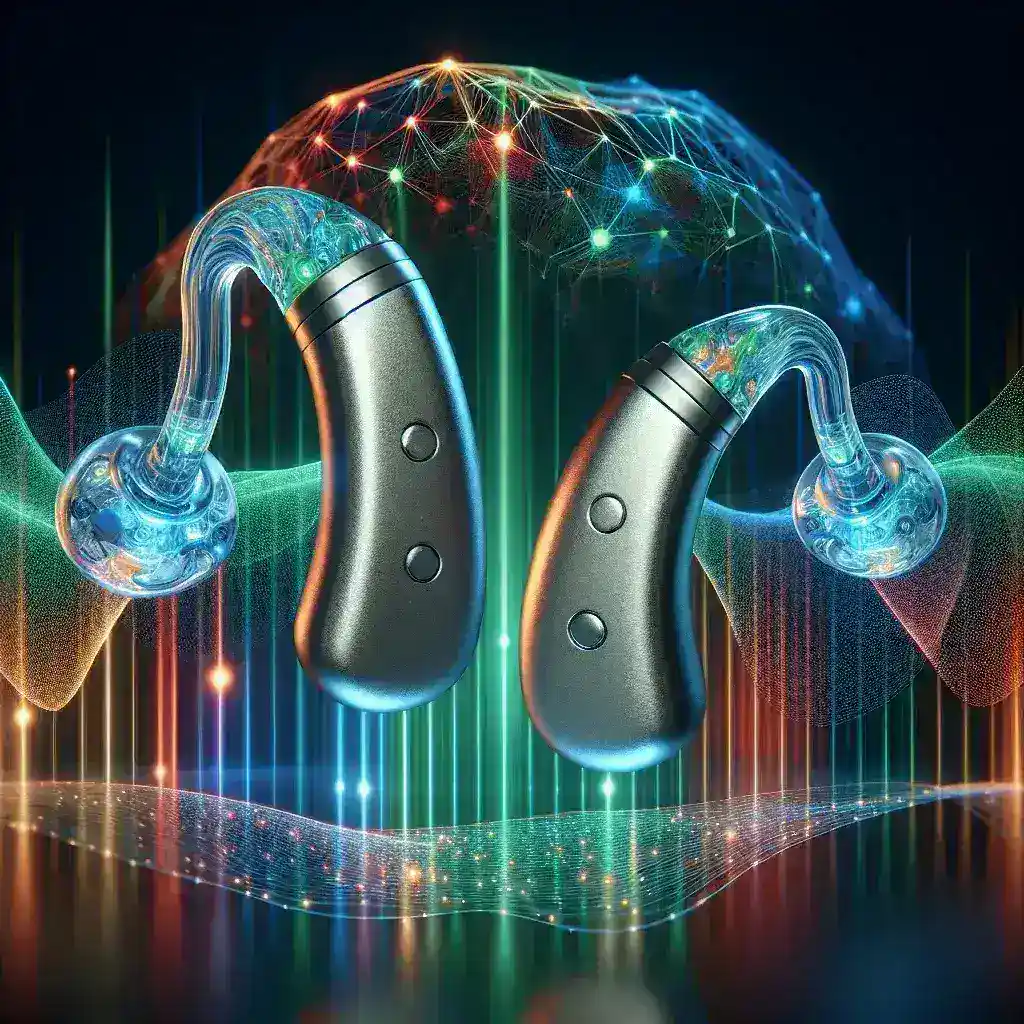Introduction
The evolution of hearing technology has witnessed significant advancements over the years. Among these advancements, AI powered adaptive hearing implants have emerged as a groundbreaking innovation. These devices not only amplify sound but also strive to reproduce natural sound experiences, offering an unparalleled auditory experience for those with hearing loss.
The Role of AI in Hearing Technology
Artificial Intelligence (AI) has revolutionized many sectors, and hearing technology is no exception. Traditional hearing aids often struggle to differentiate between background noise and speech, leading to a frustrating experience for users. AI powered hearing implants address this issue by utilizing sophisticated algorithms that analyze sound environments in real-time, making adjustments automatically to ensure clarity and comfort.
Understanding Adaptive Hearing Implants
Adaptive hearing implants use advanced sensors and AI to adapt to various sound environments. These implants can learn from the user’s preferences, making them truly personalized devices. Here’s a closer look at how these implants function:
- Real-time Sound Analysis: The AI analyzes sounds and categorizes them as speech, music, or noise.
- Dynamic Adjustment: Based on the analysis, the implant adjusts gain levels, filters, and frequency settings automatically.
- Learning Capabilities: Over time, the implant learns the user’s preferences, making adjustments based on past performance.
Benefits of AI Powered Adaptive Hearing Implants
The integration of AI into hearing implants brings numerous benefits, enhancing the overall auditory experience. Here are some key advantages:
- Natural Sound Reproduction: The primary goal of these implants is to reproduce sound as naturally as possible. By distinguishing between different sound types, users can enjoy a rich auditory experience.
- Improved Speech Recognition: One of the most significant challenges for individuals with hearing loss is understanding speech in noisy environments. AI technology enhances speech recognition, allowing users to engage in conversations with ease.
- Customization: Each individual’s hearing loss is unique. AI powered implants can adapt to personal hearing profiles, providing a tailored experience that traditional devices cannot match.
Historical Context of Hearing Implants
To appreciate the advancements brought about by AI, it is essential to understand the historical context of hearing implants. The journey began in the late 20th century with the development of cochlear implants. These devices offered a new lease on life for many individuals with profound hearing loss, but they lacked the sophistication of today’s technology.
Over the years, hearing aids evolved from analog devices to digital models, providing improved sound quality and adjustability. However, the introduction of AI has taken the technology to unprecedented levels, allowing for a more adaptive and personalized auditory experience.
Future Predictions
As technology continues to advance, the future of AI powered adaptive hearing implants looks promising. Experts predict several key trends:
- Enhanced Machine Learning Capabilities: Future implants will likely incorporate more sophisticated machine learning algorithms, further improving their ability to adapt to changing sound environments.
- Integration with Smart Devices: As the Internet of Things (IoT) expands, hearing implants may seamlessly connect with smartphones and other smart devices, providing users with additional functionalities.
- Broader Access and Affordability: As production costs decrease and technology becomes more widespread, it’s expected that more individuals will have access to these innovative devices.
Challenges and Considerations
Despite the numerous benefits, there are challenges associated with AI powered adaptive hearing implants:
- Cost: These advanced devices can be expensive, limiting access for many individuals.
- Technical Limitations: While AI has made significant strides, some individuals may still experience difficulties in complex auditory environments.
- Privacy Concerns: The data collected by AI systems raises concerns about user privacy and data security.
Personal Anecdotes and Real Examples
Understanding the impact of AI powered adaptive hearing implants is best illustrated through personal stories. For instance, Jane, a 35-year-old teacher, struggled with severe hearing loss for years. After receiving an AI powered implant, she described her experience as life-changing, stating, “For the first time, I could hear my students’ voices clearly, even in a bustling classroom.” Similar testimonials from users around the world highlight the transformative power of this technology.
Conclusion
AI powered adaptive hearing implants represent a monumental leap in hearing technology, significantly improving natural sound reproduction for individuals with hearing impairments. As technology continues to evolve, we can expect even greater enhancements in auditory experiences, making a profound difference in the lives of many. Embracing this innovation not only enhances individual quality of life but also fosters greater inclusion and communication within our society.
Final Thoughts
The future of hearing technology is bright, with AI leading the way. As we continue to explore the potential of these implants, it is essential to ensure that they are accessible to everyone, paving the way for a world where hearing impairment does not hinder one’s ability to connect and engage with others.

